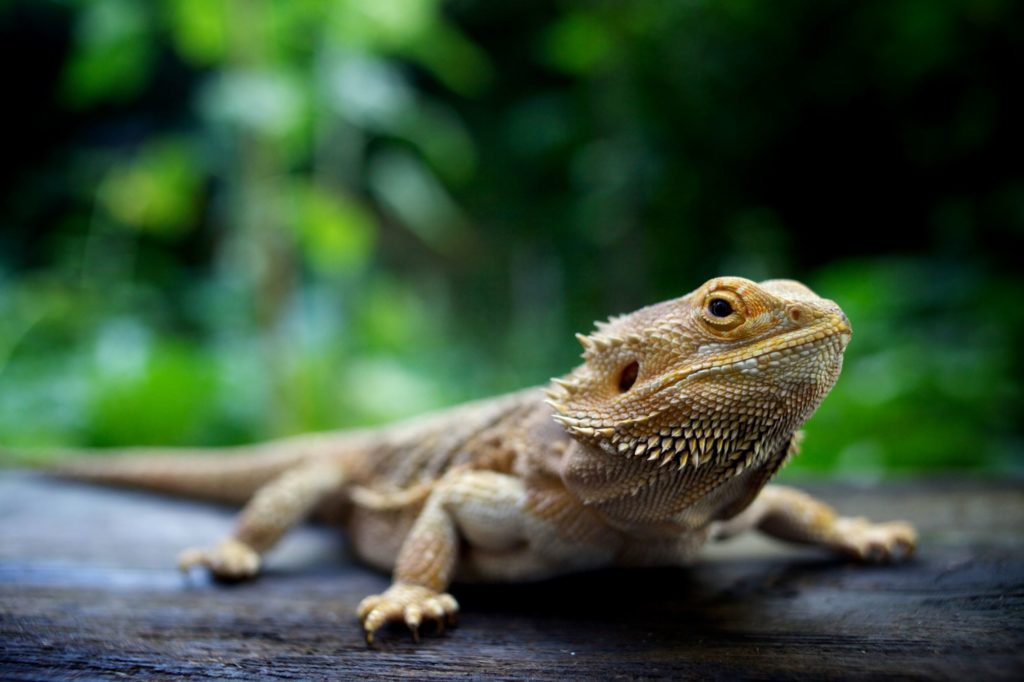
On the 21st of October, we shined the heat lamp on our scaly friends and celebrated National Reptile Awareness Day – they are incredibly fascinating creatures, but the destruction in their natural habitat threatens the existence of many reptile species.
We think they’re worth knowing about.. from the 800,000 reptiles kept as pets in the UK (that’s around 3% of households owning one), also including those who call our backyards home, all the way through to the unique reptiles in the wild – you either love them or are terrified by them (thanks to Hollywood usually portraying them as monsters!), but with reptile enthusiasts spreading the word, we will be able to share why these captivating critters need our help!
The Responsible Reptile
We don’t often consider how important reptiles are to different global ecosystems but it is simple – we couldn’t be without them and neither could many other animals in the food chain!
Here are a few ways reptiles help out in the ‘hood:
- Pest Control: lizards and snakes control rodent and insect populations in both urban and rural areas
- Aquatic Advocates: crocodiles and alligators control the amount of fish in many wetland and coastal environments
- Carcass Clearing: some slow moving reptiles love an easy meal and they can find one in the form of roadkill or other dead animals in the woods (which reduces the exposure to harmful bacteria that thrive in rotting flesh)
- The food chain: Many birds of prey will spy lizards and snakes as their next meal
With an estimated 10,000 different types of reptile species that cover every continent except Antarctica – their eco-impact is huge.
Friends with the Dinosaurs
Excitingly, reptiles evolved from amphibians which makes them some of the first animals to have made the evolutionary step from living in water to living on land.
While birds are known as modern day dinosaurs, dinosaurs were actually a type of reptile. Some species of reptiles alive today like Saltwater Crocodiles lived with the dinosaurs over 200 million years ago, and with the oldest snake fossil dating back to around 150 million years ago, you can see we share this planet with some species that called dinosaurs their neighbours.
It goes to show, reptiles have been around for longer than we can even begin to imagine, however it is habitat loss (for building housing and urban areas) that are contributing to the decline and endangerment of many species today.
Raising awareness about Reptiles
Check out the Amphibian and Reptile Conservation (ARC) website where there is a way to report your sightings in your area of reptiles which helps observing trends and tailoring conservation efforts. They also have loads of educational resources!
The RSPCA has a long list of species specific care sheets available, covering topics like diet, behaviour and environmental needs on the most commonly kept reptiles kept in the UK. Why not use your practices Facebook page to share some of them to reach your clients and anyone who wants to get one. Find them here. These are some of the most commonly kept reptiles as pets:
- Bearded Dragons
- Crested Geckos
- Leopard Geckos
- Corn Snakes
- Royal or Ball Pythons
- Hermann’s tortoises
We hope you fall in love with their three chambered hearts as much as we have – they are just so enthralling!
